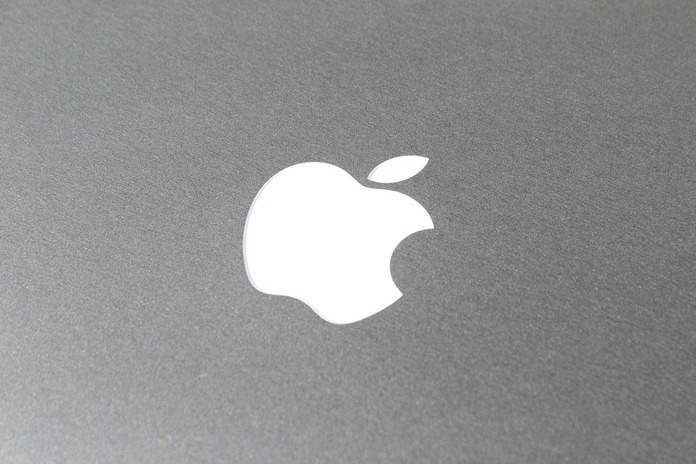Warren Buffett’s decision to sell a significant portion of Apple Inc. (NASDAQ:AAPL) shares through his company Berkshire Hathaway Inc. (NYSE:BRK-B) is not just another sale in the market; it’s an event with far-reaching implications. The Apple stock rebalance that will result from this sale is set to reshape major stock indexes, offering a mix of opportunities and challenges for investors and index funds alike.
The Impact of the Apple Stock Rebalance
Apple’s market value, hovering around $3 trillion, has long been a key component in various stock indexes, including the S&P 500. However, its full influence has been dampened by a methodology called float-adjusted market capitalization. In essence, this approach adjusts the weight of a company in an index based on the number of shares available for trading, or the “float.”
Berkshire Hathaway’s long-term holding strategy meant that a significant portion of Apple shares was effectively removed from the float, thus reducing its weight in these indexes. With the recent sale, these shares are returning to the market, and index providers like S&P Dow Jones Indices may now calculate Apple’s weight based on its total market capitalization, fully unleashing the tech giant’s influence.
Potential Market Movements
Piper Sandler & Co. estimates that passive index funds, which track these benchmarks, might need to purchase up to $40 billion in Apple stock during the next index rebalance. This figure is staggering, considering it is triple the average daily trading volume for Apple shares over the past month.
This surge in buying activity could drive Apple’s stock price higher in the short term. However, the Apple stock rebalance is also a double-edged sword. To accommodate the increased weighting of Apple, other companies within these indexes will see their weights reduced, forcing funds to sell shares of these firms.
Criticism and Market Dynamics
Critics of passive investing, like David Einhorn, argue that such index fund-driven activities distort the true value of companies, making markets less efficient. The Apple stock rebalance exemplifies this phenomenon, as it forces index funds to adjust their holdings based on technical factors rather than company fundamentals.
This situation could also create volatility for traders who anticipate these changes. Michael Kantrowitz, Chief Investment Strategist at Piper Sandler, notes that market participants often take positions in advance of such rebalancing events, leading to increased trading activity around these times.
What’s Next?
The first revisions related to the Apple stock rebalance are expected to occur during the next quarterly index rebalance, scheduled for next month. Until then, the market remains focused on broader economic factors, such as growth prospects and central bank policies. However, the potential impact of these changes is already a topic of discussion among traders and investors alike.
For those invested in Apple (NASDAQ:AAPL), the upcoming rebalance could be a significant event, offering both potential gains from increased demand and risks from the resulting market volatility. Meanwhile, companies facing reduced weights in these indexes may experience downward pressure on their stock prices as funds adjust their portfolios.
Conclusion
The Apple stock rebalance following Berkshire Hathaway’s sale is a reminder of how interconnected the actions of major investors and index methodologies can be. While Apple’s influence in stock indexes is set to grow, the broader implications for the market remain to be seen. Investors and traders will be closely watching the developments as the next index rebalance approaches, ready to navigate the opportunities and challenges that lie ahead.
Featured Image: Pixabay©Jan Kuss



